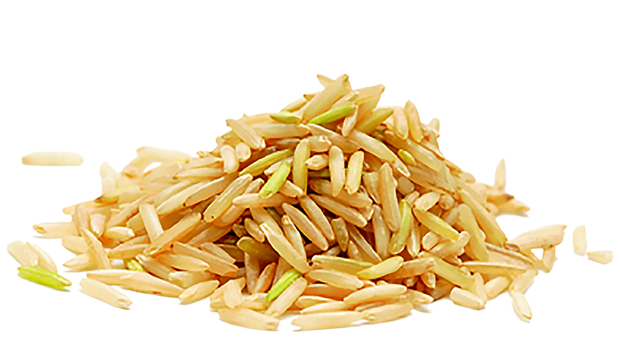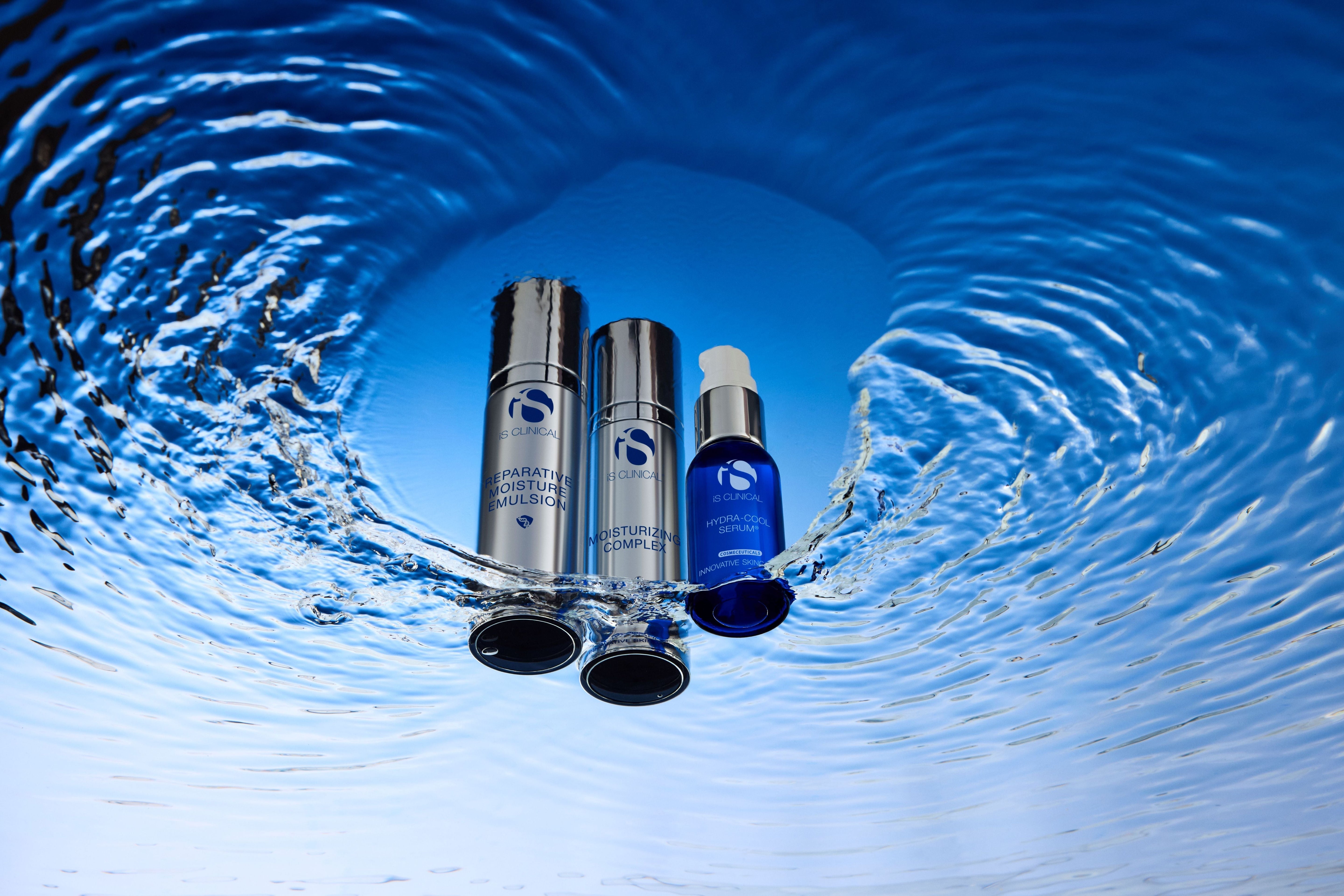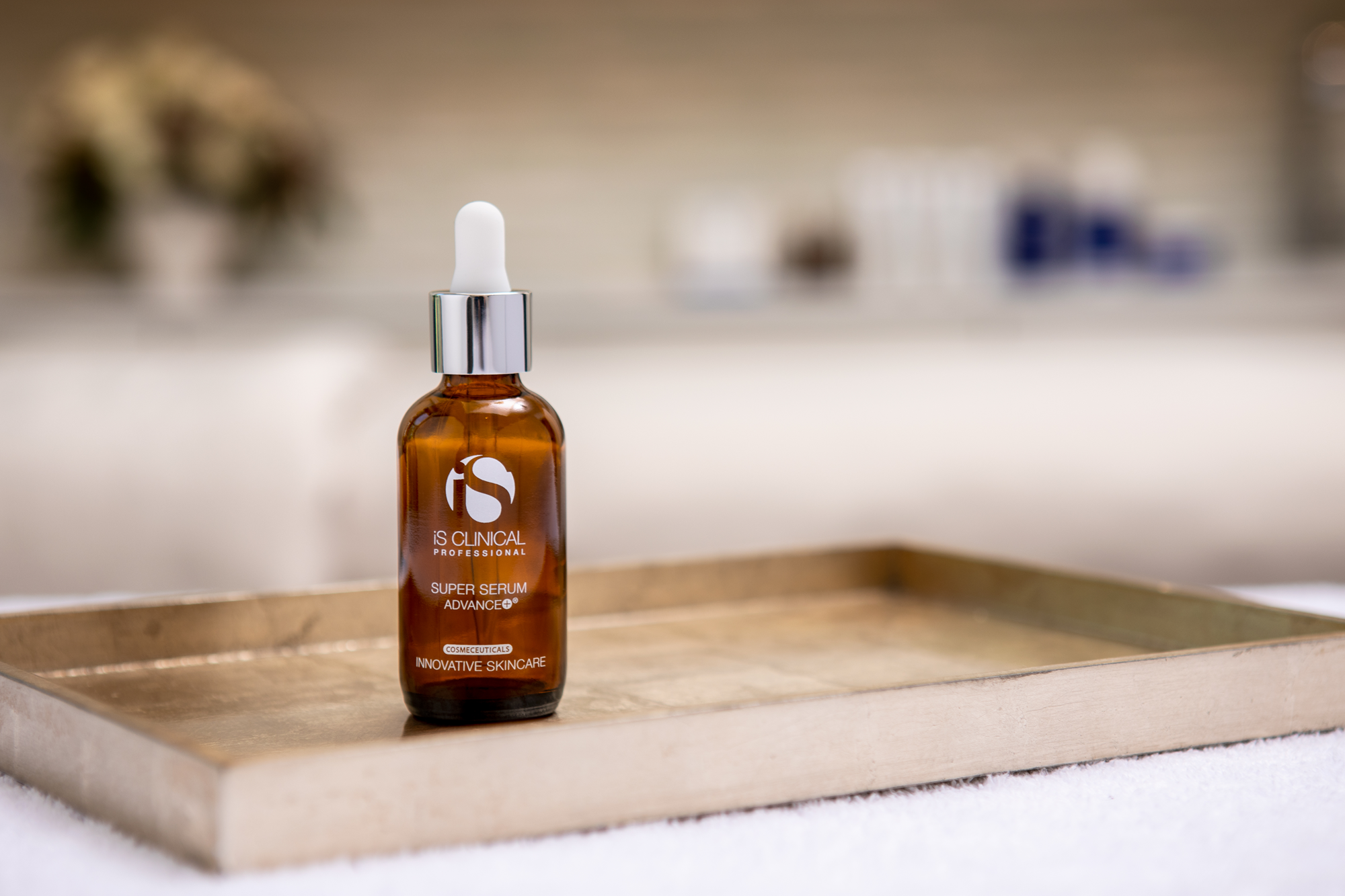
Hydrolysed Rice Protein has a number of key skincare benefits in relation to iS Clinical products.
These are as follows:
- Moisturisation: Rice protein can help hydrate the skin by attracting and retaining moisture, making it effective for dry or dehydrated skin.
- Skin Barrier Support: It strengthens the skin's natural barrier, which is essential for maintaining moisture levels, preventing water loss, and protecting against environmental stressors.
- Collagen Production: Hydrolysed rice protein may stimulate collagen production, improving skin's elasticity and reducing the appearance of fine lines and wrinkles.
- Anti-Aging: By promoting collagen synthesis and providing antioxidants, rice protein can contribute to a more youthful complexion and reduced signs of ageing.
- Skin Brightening: It can help even out skin tone, reduce the appearance of dark spots, and promote a brighter and more radiant complexion.
- Soothing Properties: Rice protein has calming and anti-inflammatory properties, making it suitable for soothing sensitive or irritated skin.
- Oil Control: It can help balance oil production in the skin, making it beneficial for individuals with oily or acne-prone skin.
- Improved Texture: Rice protein can help smooth and refine the skin's texture, leaving it feeling softer and more supple.
- Reduction in Redness: Its anti-inflammatory properties can reduce redness and alleviate skin conditions like rosacea or inflammation.
- Non-Allergenic: Rice protein is generally considered safe for most skin types and is less likely to cause allergic reactions, making it suitable for sensitive skin.


